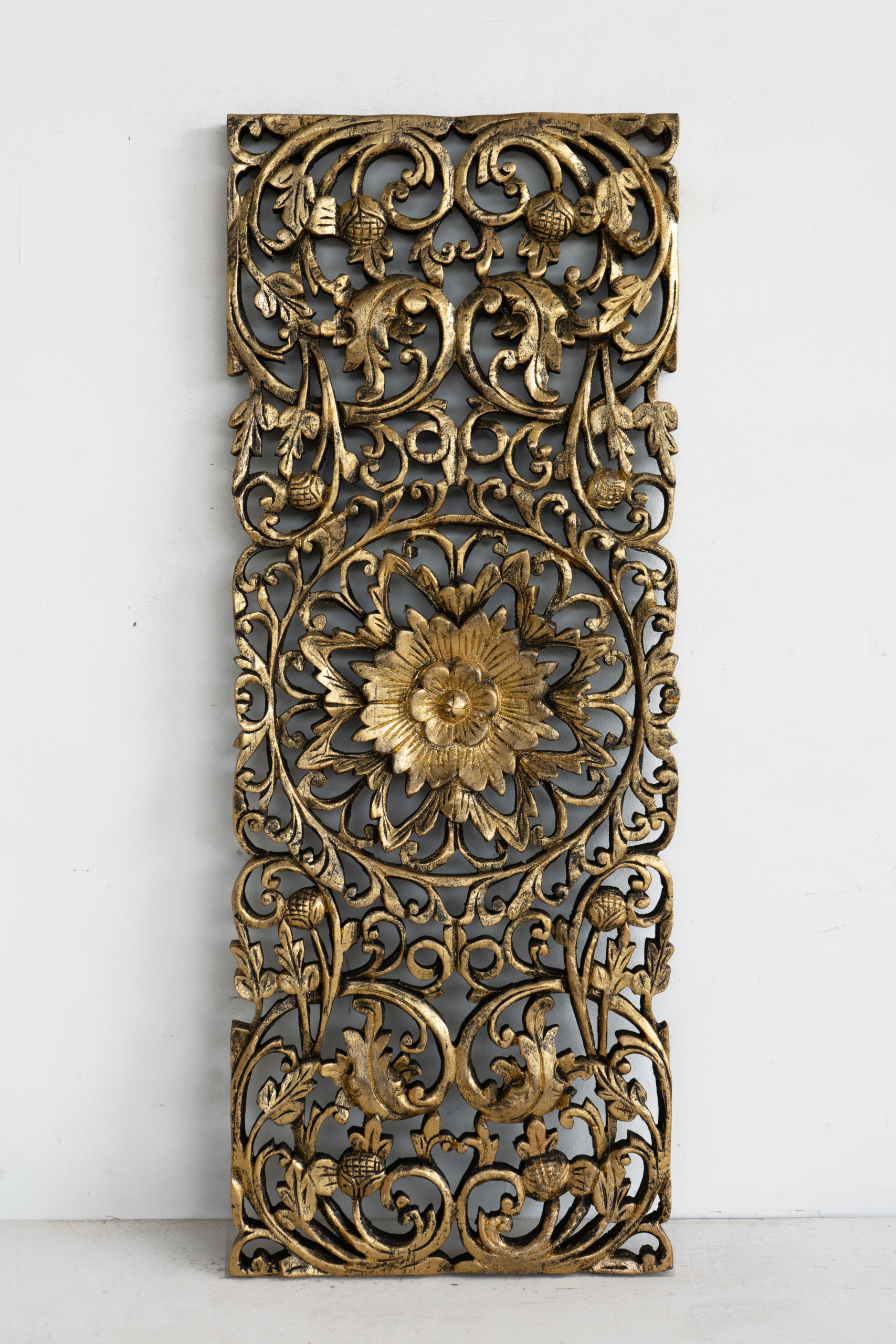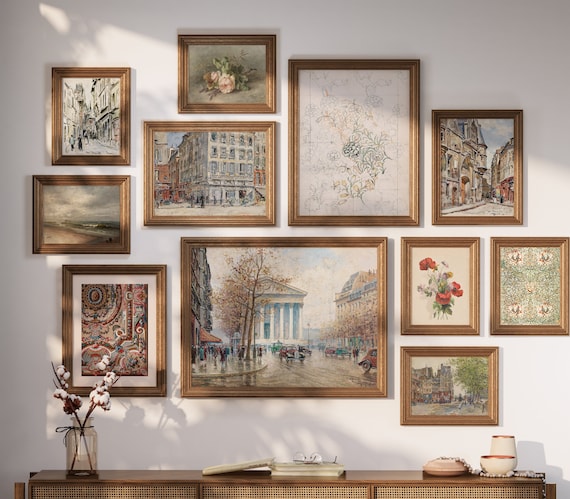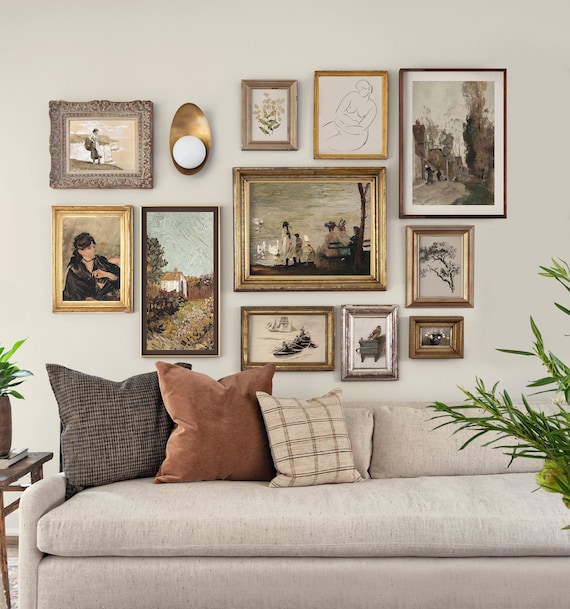Antique wall art decor is more than just decoration; it is an expression of history, culture, and personal style. Incorporating vintage pieces into your space can create a unique atmosphere that reflects your personality. Drawing upon my love for history and art, I’ve found that antique wall art not only beautifies a room but also sparks conversations. In this article, we’ll explore various aspects of antique wall art decor, including styles, sourcing tips, and considerations for incorporating it into your home.
Understanding Antique Wall Art Decor
Before diving into styles and sourcing, it’s important to understand what antique wall art decor entails. An item is typically classified as “antique” if it is over 100 years old. This category can include paintings, prints, tapestries, and other artistic objects made from different materials. The charm of antique wall art lies in its ability to tell a story while adding character to your home.
The Importance of Antique Wall Art in Home Decor
- Adds Character: Antique pieces often have unique styles and craftsmanship that cannot be found in modern reproductions.
- Conversation Starter: Vintage artwork can be a great icebreaker, inviting guests to share their thoughts or stories.
- Investment Value: Many antique pieces appreciate over time, making them not only decor but a potential investment.

Styles of Antique Wall Art Decor
There are countless styles of antique wall art, each with its unique flair. Here are some of the most popular styles to consider:

1. Vintage Paintings
Vintage paintings can include oils, watercolors, and acrylics, each representing different periods and techniques. Pay attention to the frame, as it can enhance the overall aesthetic.
Popular Artists and Styles
- Impressionism: Known for its loose brushwork, often depicting light and movement.
- Baroque: Characterized by dramatic use of color and intense light contrasts.

2. Antique Prints
Old prints, such as lithographs or etchings, can add a delicate touch to your decor. They often come in various themes, from botanical to historical scenes.
3. Tapestries and Textile Art
Tapestries provide texture and warmth to a wall. They can serve as focal points or background pieces, depending on the design.

Benefits of Tapestries
- Sound Absorption: Tapestries can help reduce noise in a room.
- Insulation: They add layers of warmth to walls.
4. Wall Sculptures and Reliefs
Dimensions in art can be achieved through antique sculptures and reliefs. These pieces add a third dimension to your wall decor.

Finding the Perfect Antique Wall Art
Sourcing antique wall art can be a thrilling adventure. Here are some tips on where and how to find exquisite pieces:

1. Antique Shops and Flea Markets
Visiting local antique shops and flea markets can yield hidden treasures. Don’t be afraid to negotiate prices; many sellers appreciate a good bargain.
2. Auctions and Estate Sales
Auction houses often have cataloged sales of antiques. Estate sales can also be a fantastic way to find genuine antique wall art.
3. Online Marketplaces
Websites like eBay, Etsy, and specialized antique marketplaces can help you discover unique pieces from around the world.
Pros and Cons of Online Sourcing
Pros
- Wide selection of items.
- Convenience of shopping from home.
- Access to international sellers.
Cons
- Challenges of verifying authenticity.
- Shipping costs and potential damage during transit.
- Lack of tactile experience before purchase.
Incorporating Antique Wall Art into Your Space
Once you’ve sourced your antique art, the next step is figuring out how to incorporate it into your decor effectively.
1. Creating a Focal Point
Choose one piece that stands out as a focal point in your room. Position it at eye level to draw attention. Surround it with complementary decor elements that enhance its presence.
2. Mixing Styles
Don’t shy away from mixing antique pieces with modern decor. This contrast can create a dynamic and interesting atmosphere, demonstrating your unique taste.
3. Proper Lighting
Lighting can significantly impact how your antique art is perceived. Use spotlights or wall sconces to highlight your pieces, showcasing their textures and colors.
Maintaining Your Antique Wall Art
Caring for antique wall art is crucial to ensure its longevity. Here are some tips:
1. Avoid Direct Sunlight
Keep your artwork out of direct sunlight to prevent fading and deterioration over time.
2. Regular Cleaning
Dust your pieces regularly with a soft cloth. If necessary, consult a professional conservator for deeper cleaning methods.
3. Appropriate Display Conditions
Maintain stable temperature and humidity levels. Extreme changes can cause damage to wooden frames and canvases.
Common Myths about Antique Wall Art
There are several myths associated with antique wall art that can deter people from integrating them into their homes. Let’s debunk some of these:
Myth 1: Antique Art is Super Expensive
While some pieces can be pricey, many affordable options exist. The key is knowing where to look.
Myth 2: Antiques Don’t Fit Modern Decor
Antique art can complement contemporary styles beautifully, creating a balanced aesthetic in any room.
Myth 3: Only Experts Can Choose Antique Art
Anyone can appreciate and choose antique art. Trust your instincts and choose pieces that resonate with you.
Comparison Table: Antique Art Styles
| Art Style | Characteristics | Best For |
|---|---|---|
| Paintings | Varied mediums, often colorful and emotive | Living rooms, galleries |
| Prints | Delicate designs, often affordable | Bedrooms, hallways |
| Tapestries | Textured, warm, and vibrant | Dining areas, home theaters |
| Sculptures | 3D forms, impactful statements | Entryways, outdoor spaces |
FAQs about Antique Wall Art Decor
What defines antique wall art?
Antique wall art is typically classified as artwork that is over 100 years old. This includes paintings, prints, and decorative pieces that represent historical artistry.
How can I tell if an antique is real?
Look for provenance documents, signs of aging, and expert appraisals to verify authenticity. Researching the piece’s artist and history can also help.
Can I mix antique art with modern decor?
Absolutely! Mixing styles can create a dynamic aesthetic. The key is to maintain balance and cohesion in your overall decor scheme.
How do I clean antique wall art?
Use a soft, lint-free cloth for dusting. For deeper cleaning, consult a professional conservator who understands the materials your art is made from.
Conclusion
Antique wall art decor offers a beautiful way to connect with history while enhancing your living space. With countless styles and sourcing options available, you can find pieces that resonate with your personal style and tell a story. Remember, the charm of antique art lies not just in its age but in the warmth and character it brings to your home. Through careful selection and thoughtful integration, antique wall art can transform your living area into a timeless sanctuary.